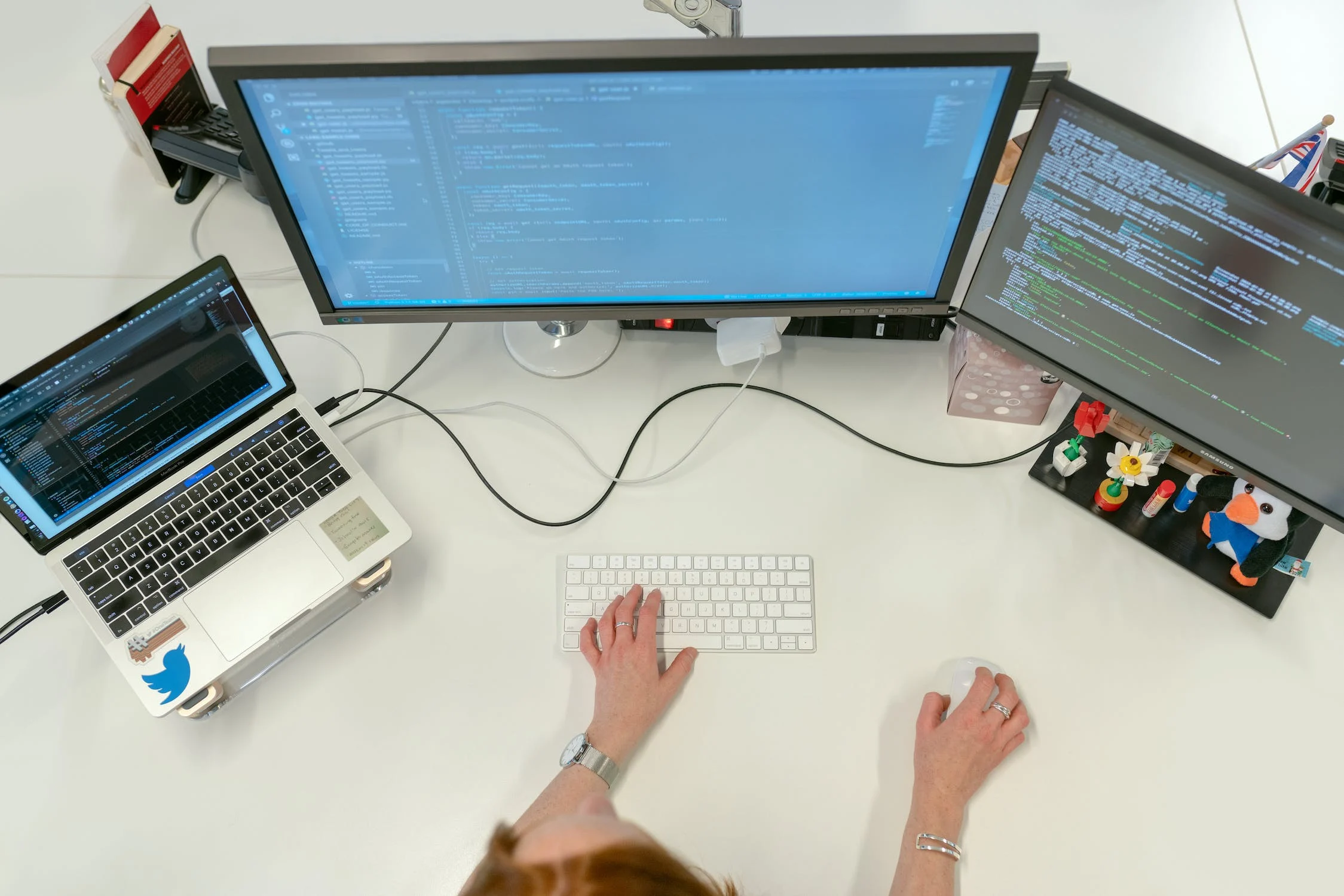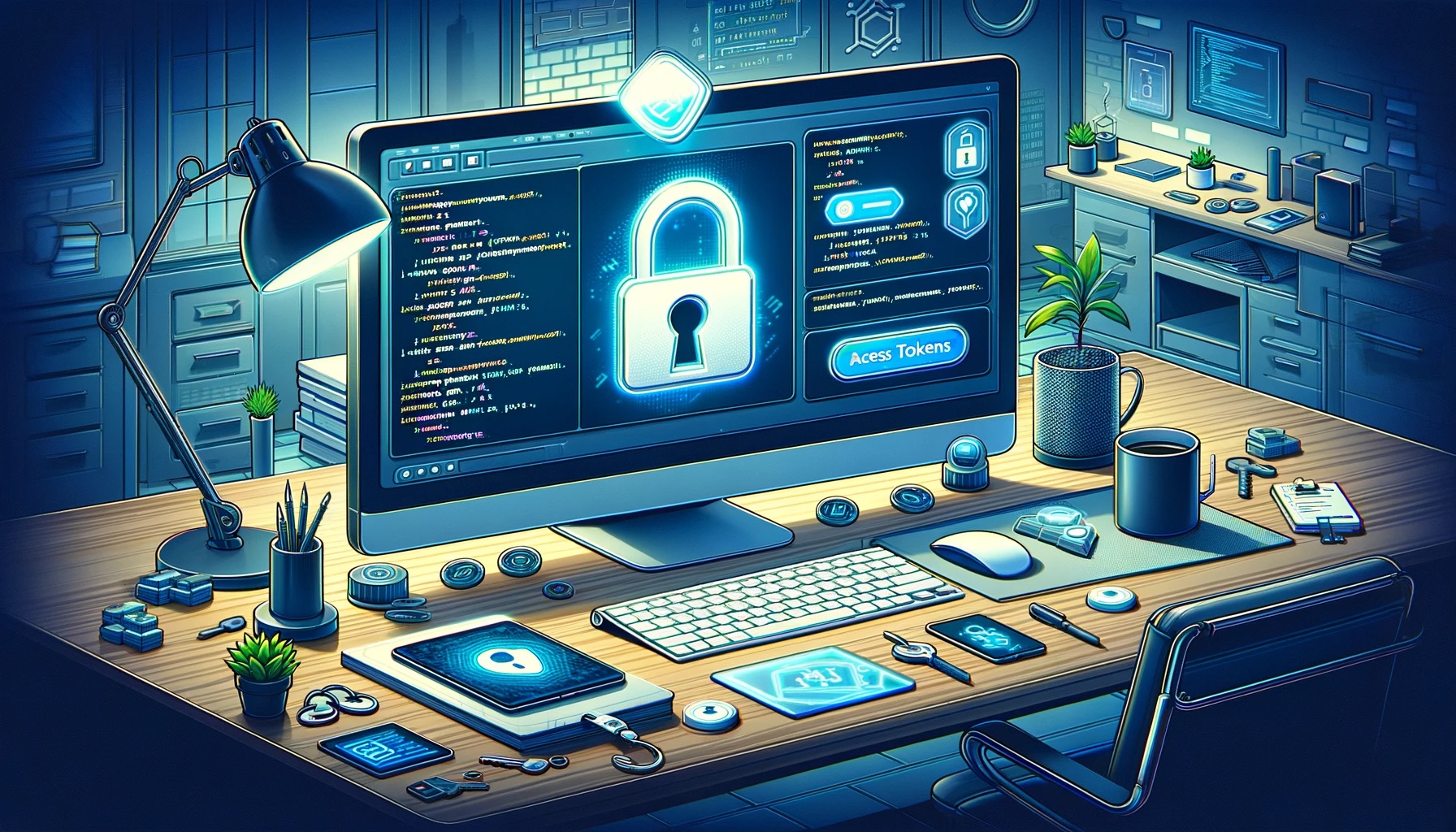
The development world is a rapidly changing and continually evolving field, marked by the emergence of new technologies and solutions every day. However, it's important to know that being a successful developer is not limited to coding skills alone. Being an ideal developer requires a set of important skills, attitudes, and a desire for continuous learning beyond the code.
The Developer's Role: Precautions and Approach to Errors
An ideal developer takes measures to minimize the likelihood of errors in every stage of the software development process, from design to testing and deployment. This means preventing future errors in advance. Minimizing error probabilities directly contributes to enhancing quality.
Teamwork and Leadership
An ideal developer not only advances themselves but also their team. Teaching and sharing knowledge is of great value to a developer. Working with a good team creates an environment where each member can learn from others. This environment allows for the learning of new technologies, sharing best practices, and completing projects more quickly and effectively.
Communication and Collaboration
The leadership and communication skills of a developer are also vitally important. An ideal developer encourages collaboration among team members, clearly expresses ideas, and values everyone's contribution. This motivates team members, leading to more efficient work and better results.
Problem-Solving Ability
"Software is the art of encoding problem solutions." - Harold Abelson
Our role as developers is not limited to completing current tasks and fixing errors; it is also vital to make the system more robust, secure, and sustainable. Fixing an error means not just solving the current problem but understanding and eliminating the root causes to prevent similar errors in the future.
Internal Development and Leadership in the Team
"While striving to improve yourself, do not forget to enlighten others." - Isaac Newton
An ideal developer understands the importance of working for the success of others and contributes to the team's general goals, taking on both a leadership and a teaching role.
The Importance of Quality
"Quality is always a gain; excellent quality reduces costs over time." - Edwards Deming
Quality in software development begins at every stage of the process, and an ideal developer defines and continuously monitors quality standards from the beginning of the project.
Taking Responsibility
"Taking responsibility is the key to success." - John Wooden
An ideal developer takes responsibility for the success and resolution of problems in their projects. They encourage collaboration within the team and contribute to it.
In conclusion, being an ideal developer involves more than just technical skills; it also includes problem-solving ability, leadership, communication, collaboration, and taking responsibility. Although the world of software is constantly evolving, a developer with these fundamental qualities will always be successful. Being open to development, advancing quality, and moving the team forward are the keys to being an ideal developer.
“Writing is seeing the future.” Paul Valéry


